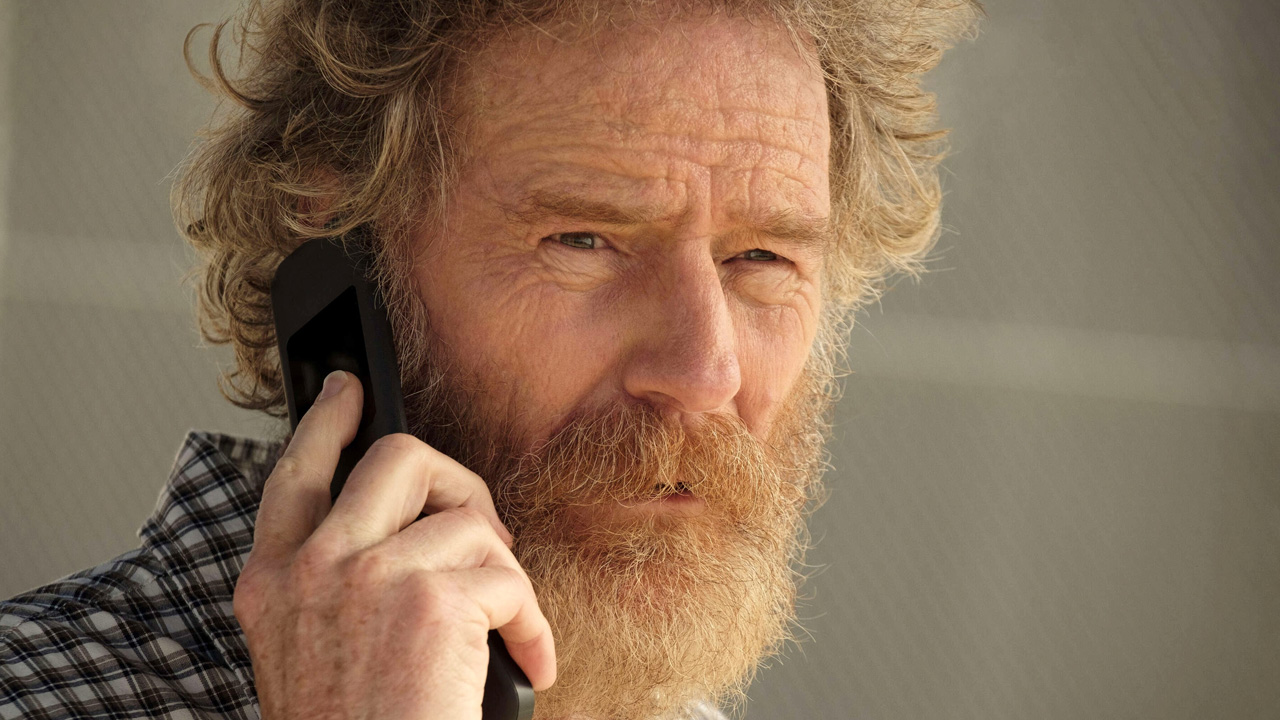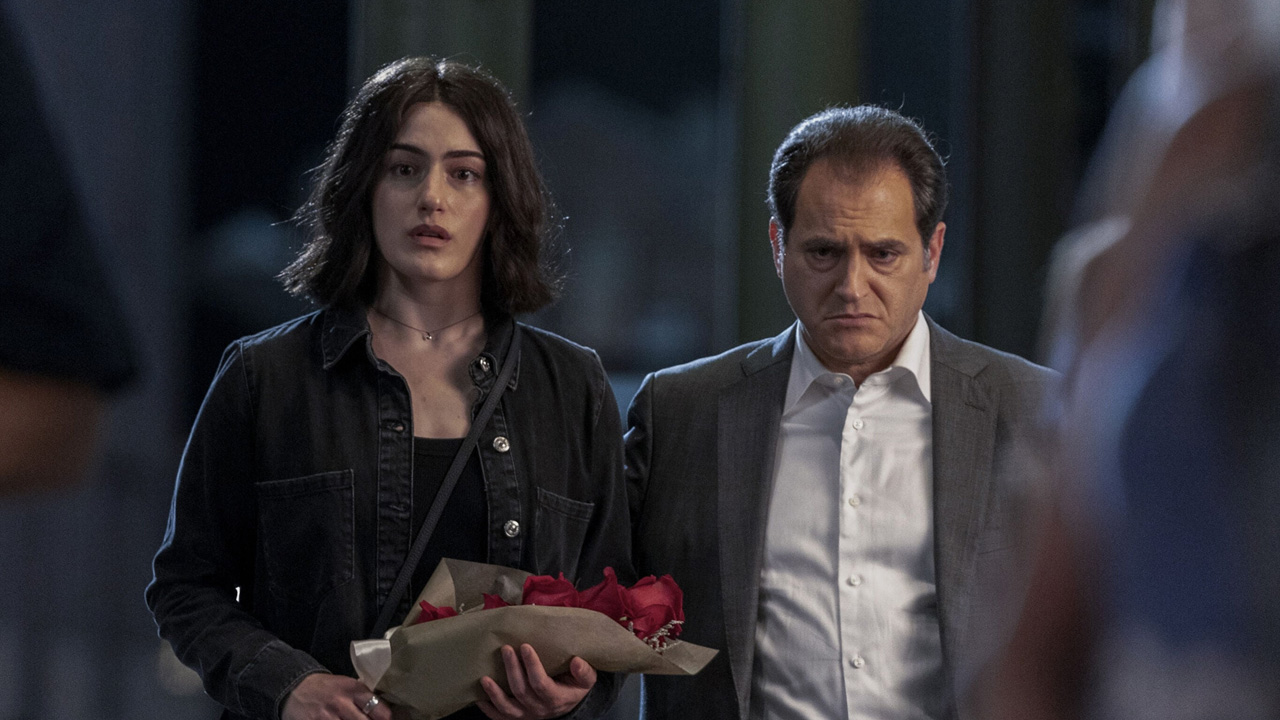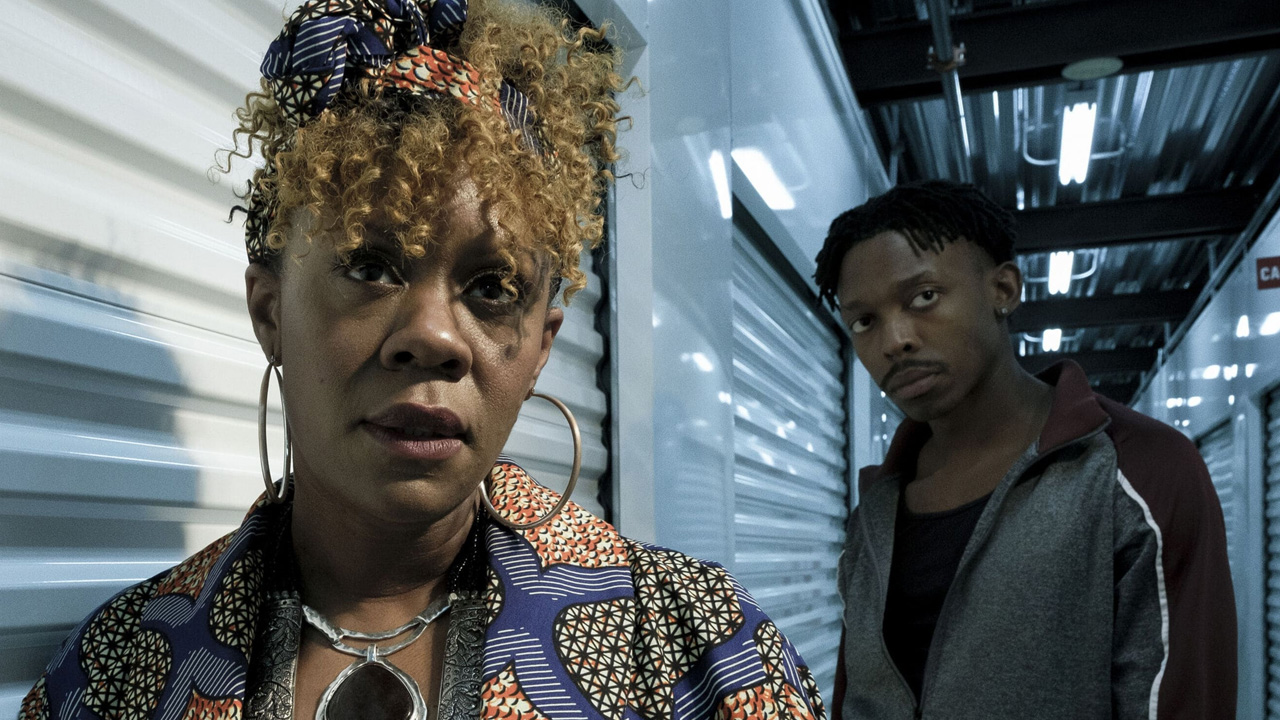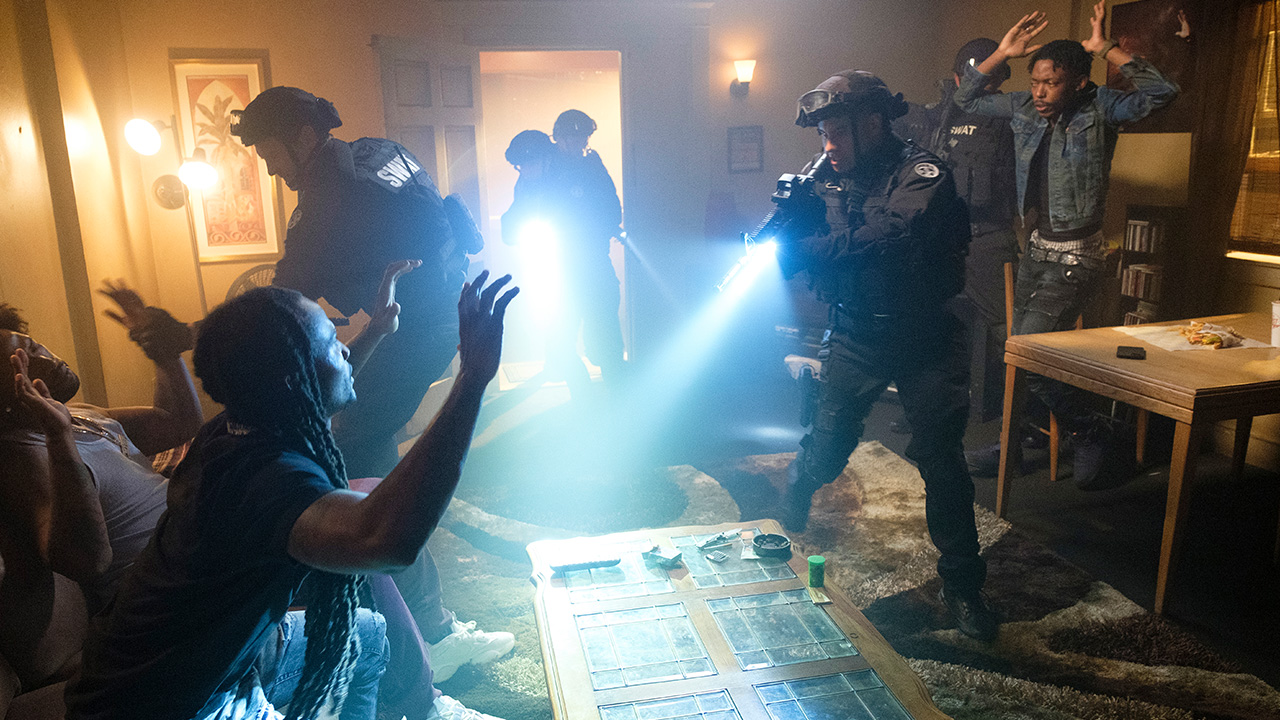The addictive, soul-curdling suspense behind Bryan Cranston’s crime saga Your Honor

Bryan Cranston returns for the second season of Your Honor. Addicted to the show’s soul-curdling brand of suspense, Liam Maguren writes about the appeal of the first season and how the second changes the game.
Content warning: this article makes references to suicide
Anyone can spot the similarities between Breaking Bad and Your Honor. They both star the ever-excellent Bryan Cranston. In both roles, he plays a man who flips from one side of the law to the other. And each show’s respective first seasons took a while to find their audiences.
However, once you’ve felt the lock of their separate vices, their differences become more apparent. While Vince Gilligan’s iconic crime saga minced its stomach-twisting thrills with lashes of whipsmart black humour, Your Honor remained solely dedicated to sustaining a particular kind of suspense that curdles the soul. And unlike Cranston’s other creation Walter White, who flipped to “bad” in a manner undeserving of compassion, his latest role as court judge Michael Desiato isn’t so easy to write off—even when he orchestrates some truly horrible things.
The first season of Your Honor stacked one horrible situation (Michael’s son Adam accidentally ran over and killed a fellow teenager) on top of another (that teen was the son of mob boss Jimmy Baxter). In any other scenario that didn’t involve a gangster who could order a prison shanking with the snap of his fingers, Michael would make Adam face the consequences of his actions. However, in this slow-boiling hell they found themselves in, Michael chose instead to hide Adam inside a moral Jenga tower of his own shaky creation. In an instant, he dismantled the scales of justice that defined his life.
Season one delivered ten addictively stressful episodes that made the audience ride shotgun with this deeply respected court judge as he pulled every political string he had and cashed in every last one of his brownie points. Consciously choosing to sell parts of his soul to the devil in exchange for his son’s life, Michael’s attempts to sweep the matter under the rug weighed heavily on his conscience. Part of you wants to see his moral sacrifices rewarded, but another knows his actions aren’t justifiable, a vigorous push-n-pull the show impressively maintains.
Cranston’s quietly destructive performance sells the transformation without question. You can practically hear a panic attack beating on the wall of Michael’s dignity as he deceives law enforcement and the people closest to him.
Concluding in a way that didn’t beg for a follow-up, the finale brought everything full circle in a way that felt appropriately operatic (complete with nods to The Marriage of Figaro and The Shawshank Redemption). Creator Peter Moffat originally wrote these ten episodes as a limited series but wondered how this story could be taken further. Now we have season two, and if you’re keen to know how far he pushes the story, keep reading, but only if you’re OK with spoilers from the first season.

Whether you felt sorry for Adam or were too distractingly annoyed by his poor decision-making skills to care, his death would have nonetheless come as a shock (perhaps even a little bit satisfying, if you’re the latter). To add a sad line of poetic symmetry, the killing was a complete accident—a bullet meant for Jimmy’s other son Carlo.
The first episode of the new season shows us two different points in time: the events immediately after Adam’s death and a big leap in time which sees Michael in prison. Ping-ponging between a mobster thriller and a road-to-redemption drama, this striking narrative contrast asks two different kinds of “what happened?”
Failing to get revenge against Carlo on behalf of his family, Eugene flees to the supposed safety of his neighbourhood, only to end up in the clutches of the very unimpressed crime boss Big Mo (Andrene Ward-Hammond). Neither she nor Jimmy are keen on gang war, but with Jimmy’s son thumping his chest aimlessly around the streets and his pissed-off wife spewing lava-hot vitriol in his ear, it feels like either of them could light that fuse. To contrast the aggression, Ward-Hammond and Stuhlbarg play their head-honcho roles with a coolness that makes them very likeable (for crime ring leaders, at least). Watching them play 3D chess over the phone feels just as exciting as the bullet-flying chaos their characters are trying to prevent.

On the other side of the timeline, the series hits its roughest point yet with an incarcerated Michael attempting to starve himself to death, reintroducing the character with a forced feeding procedure. It’s as horrible as it sounds, though it’s also perfectly fitting for a man crushed by the guilt of his awful deeds which led to nothing. Cursed with an unruly beard and a body eerily reminiscent of Joaquin Phoenix’s Joker, Michael is now a mere flesh-and-bone casket holding the dusty remains of his withered soul. He truly looks like a man who’s lost everything.
In another attempt to end it all, Michael puts his hand up for a rodeo event which sees inmates play a last-one-sitting game of poker with a rampaging bull taking them out one by one. If the sight of a traumatised animal and desperate prisoners being used as colosseum-type entertainment sounds like something from a dystopian future, you’d be wrong. It’s based on an actual thing from our dystopian past and present.
It’s easily one of the bleakest opening episodes of TV I’ve seen, but after the two episodes I got to see of this new season, it appears to want to get Michael out of this lowest of points. If the first season of Your Honor was about seeing how far an honourable man could fall, this season seems keen to explore how far that same man could climb after losing it all. The second episode even cuts him a break by having a person he helped in the past return the favour, adding to the show’s complex depiction of karma.

Rosie Perez makes a welcome entry as a District Attorney for Louisiana who presents Michael the get-out-of-jail-free card he never asked for. She’s by no means a friend of his, taking glee in letting him know she’s using him for her own professional benefit. Her angle? Suppress Michael’s confession, the one that landed him in prison, so she can take down Jimmy and his organisation.
Once again, Michael finds himself outside of the law seemingly for the greater good, forced to keep another Jenga tower from collapsing. But this is a drastically different Michael, one that will almost undoubtedly draw another excellent performance from Cranston. I definitely felt both excited and unbearably nervous when Jimmy’s daughter Fia reconnected with Michael, dropping a bombshell of tremendous magnitude.



















